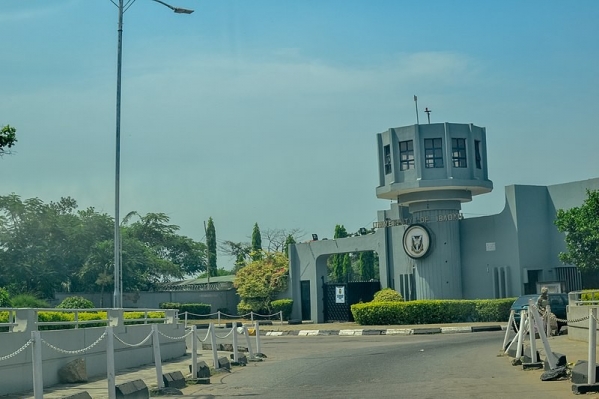https://www.ui.edu.ng
Founded
1948Description
Founded in 1932, the University of Ibadan (UI) was the first university to be established in Nigeria. Originally an affiliated College of the University of London, it was granted full independent status in 1962.
What began life as a small institution with just three departments in Science, Medicine and the Arts, quickly expanded to become one of the country’s most prestigious higher education institutions. Today UI comprises thirteen faculties, including Social Sciences, Agriculture and Forestry, Education, Veterinary Medicine, Technology, Law, Public Health and Dentistry.
UI’s Postgraduate School is the largest in Africa, with its undergraduate and postgraduate student population split 50/50. Around a third of all students live in university provided halls of residence - modern facilities that come equipped with gyms, cafes and common rooms.
The university’s ethos is founded on making education available to all, with a well established Distance Learning Centre where the same courses undertaken by full-time students are open to those whose access to education is restricted by finances or family obligations.
UI also runs a number of public facilities, including a media resource centre that offers educational workshops, reading services and consultancies for schools and children’s libraries.
The university also lays claim to its own zoological and botanical gardens, which house endangered animals and plants, and run conservation programmes dedicated to supporting environmental needs.
Its future infrastructure development plans include a new business school and an Institute for Infectious Diseases.
Among the university’s alumni are many notable individuals who have contributed significantly to the political, industrial, economic and cultural development of Nigeria, including the writer Wole Soyinka, awarded the Nobel Prize for Literature in 1986, and Chinua Achebe whose novel Things Fall Apart is the most widely read book in contemporary African literature.
Ibadan itself is a major commercial city in southwest Nigeria, located inland about 70 miles from Lagos.


